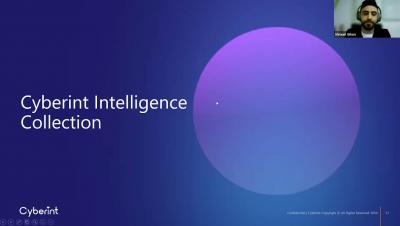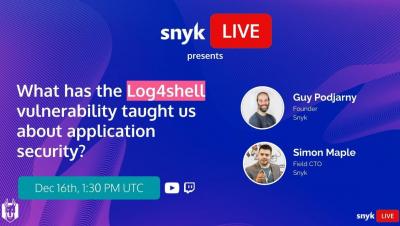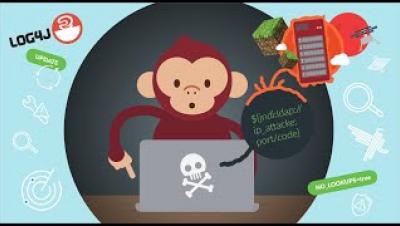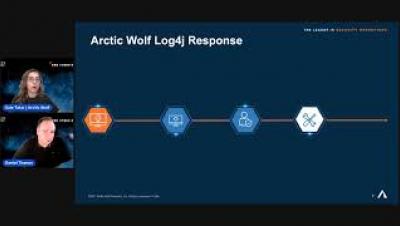Security | Threat Detection | Cyberattacks | DevSecOps | Compliance
Vulnerability
Webinar: Log4Shell Explained
How to Keep Your Data Secure in Light of Apache Log4j Vulnerabilities
In quick succession in December, The Apache Software Foundation released information on two critical vulnerabilities in its Log4j Java-based library. The first vulnerability CVE-2021-44228, also known as Log4Shell or LogJam, was reported as an unauthenticated remote code execution (RCE) vulnerability. By exploiting how the library logs error messages, it could lead to a complete system takeover.
What has the Log4shell vulnerability taught us about application security?
The DHS is inviting hackers to break into its systems, but there are rules of engagement
The United States Department of Homeland Security (DHS) is inviting security researchers to uncover vulnerabilities and hack into its systems, in an attempt to better protect itself from malicious attacks.
Global outbreak of Log4Shell
Log4Shell is a high severity vulnerability (CVE-2021-44228) impacting Apache Log4j versions 2.0 to 2.14.1. It was discovered by Chen Zhaojun of Alibaba Cloud Security Team and disclosed via the project´s GitHub repository on December 9, 2021.











